
We age, but photographs don’t; they capture in aspic, those moments when we were at the height of our vibrancy– and how often does that happen when we are pogo’ing in a mosh pit (try doing that in your fifties and see what happens…); or forgetting three out of four days we spent at a rock festival when the outside world faded away; or when we swayed and sang the words to our favorite rock anthem in a stadium?
The UrbanImage Photo Agency collects a whole swathe of archival materials that recall any number of music, travel and lifestyle images. It’s a rare and diverse mix of subjects that slams together genres ranging from Rock, Punk, Reggae, World Music, Dancehall, Travel, Tourism, Art, Culture and People.
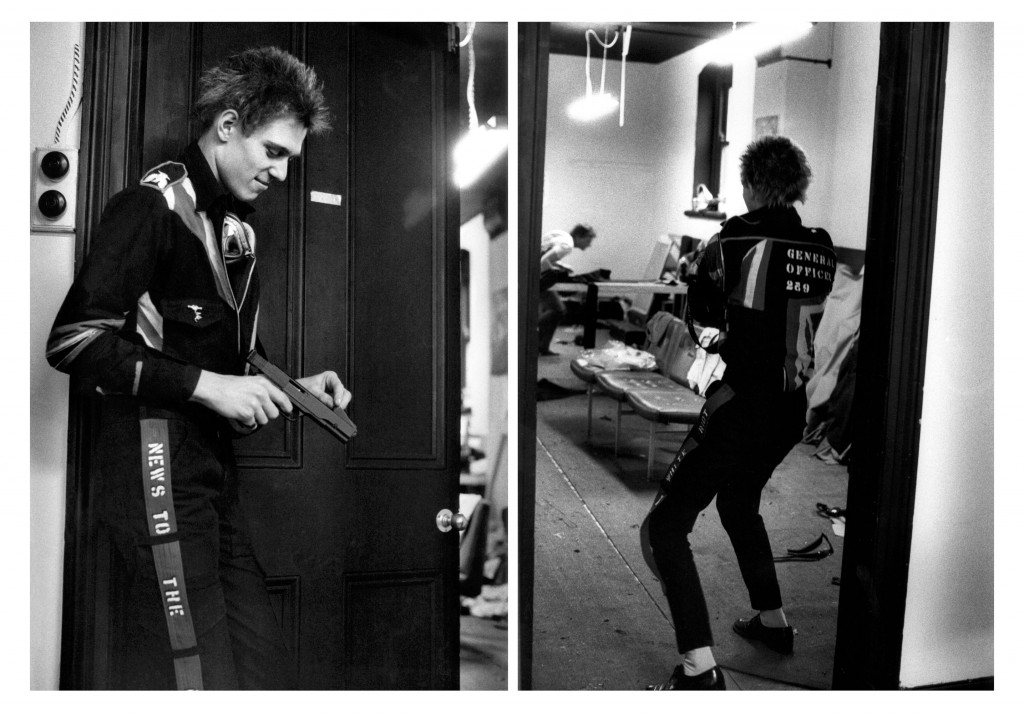
Established over 15 years ago by Adrian and Felix Boot together with the IT and business skills of Richard Horsey, the collection continues to accrete new images (even though it already has too much material to scan!). The collection is currently building a third generation site, to even more effectively offer bigger, better, faster, easier, higher resolution images, vivid presentation and mobile friendly materials.
Images are available to license for a wide variety of uses. Online archive images are all available as high resolution scans, and on request they can, sometimes, custom rescan at an even higher resolutions.
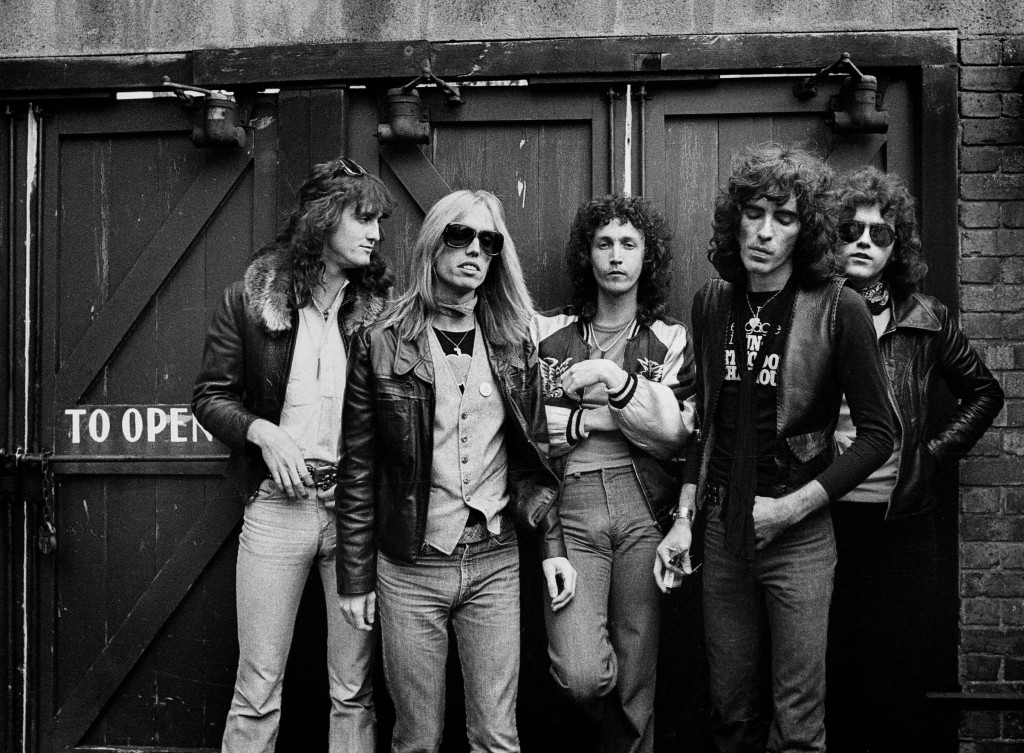
Left to Right: Ron Blair, Mike Campbell, Benmont Tench, Stan Lynch, Tom Petty
It was taken behind the studio that they were using in San Francisco in
1979
Adrian Boot responded to some questions that we asked him:
How does one go from having a philosophy to present a certain lifestyle/attitude; to actually compiling such an amazing amount of diverse material? Did you have any idea what you were taking on when you started the project?
No real philosophy… [I’m] not trying to pre-visualize a “cause”… Instead, looking for life, people, and inspiration, in the moment. My best work is opportunistic… not planned or styled. It’s not a project, it’s a life. It all pre-existed the Internet. The challenge was always reacting instantly while fighting with (inferior) film cameras in fast-moving low-light situations.
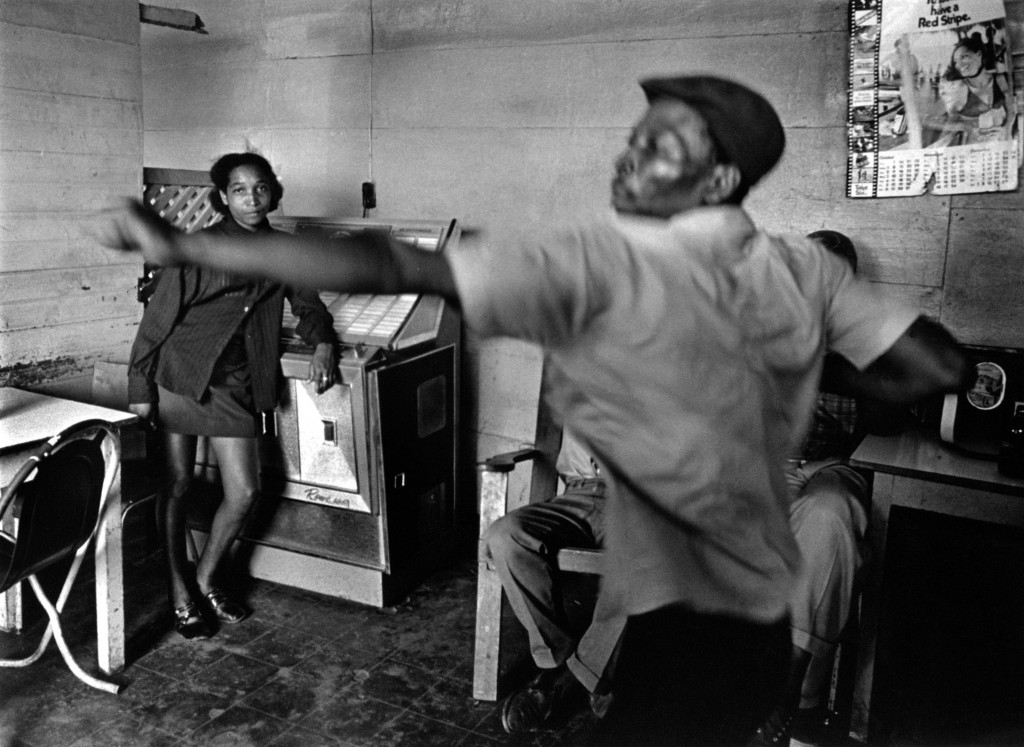
These days the technical mountain has been eroded… most people can take technically better pics on an iPhone than most pros could with a manual-film SLR 30 years ago. Photography is ubiquitous…
How do you add new material to your project? Are you always on the look-out for new photographers? Do you have long-term relationships with photographers who are clearly documenting this subject matter for the rest of their lives?
Most new content is added to the online archives based on demand. If everyone wants pictures of “The Clash” then we will scan more and expand the collection. What this does mean is that many, many, photo sessions don’t see the light of day; most of our best photos remain deeply filed in [the] archive. Photos that sell are of important artist and events, so these get used and made famous. Urbanimage probably represents less than 20% of the content in our physical archives.
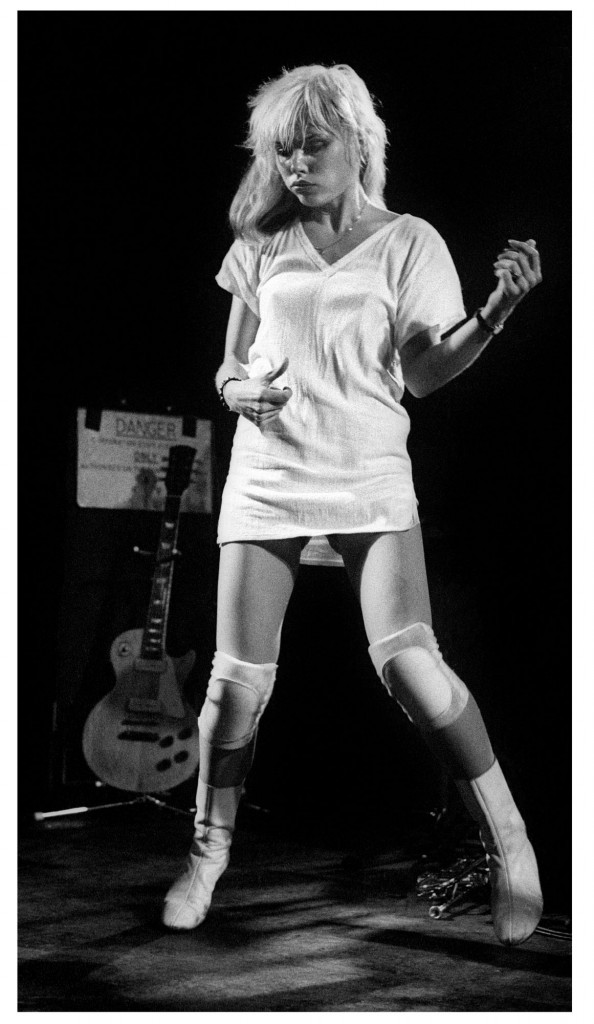
We do scan in other stuff [such as] urbanimagetravel.com but this is more a vanity project.
We are not looking for new photographers, except if it fills a gap in one of our more important collections. These days it’s better and easier for a photographer to create his or hers own online sales platform via something like photoshelter.com .
After fifteen years of this, how do you keep the material vibrant to current youth audiences? Is age and/or nostalgia a potential pitfall of identifying what is currently “fresh”?
The above answers this: I would need another lifetime to ever finish scanning or adding material… and without ever having to take another photograph.
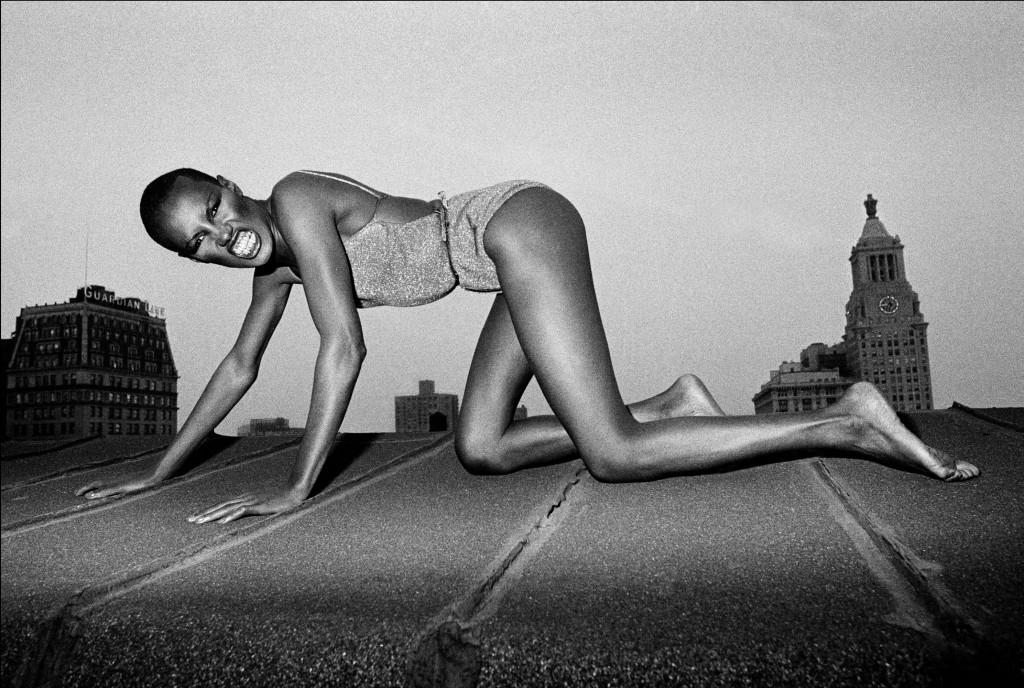
Please see more: http://www.urbanimage.tv/#!/index

